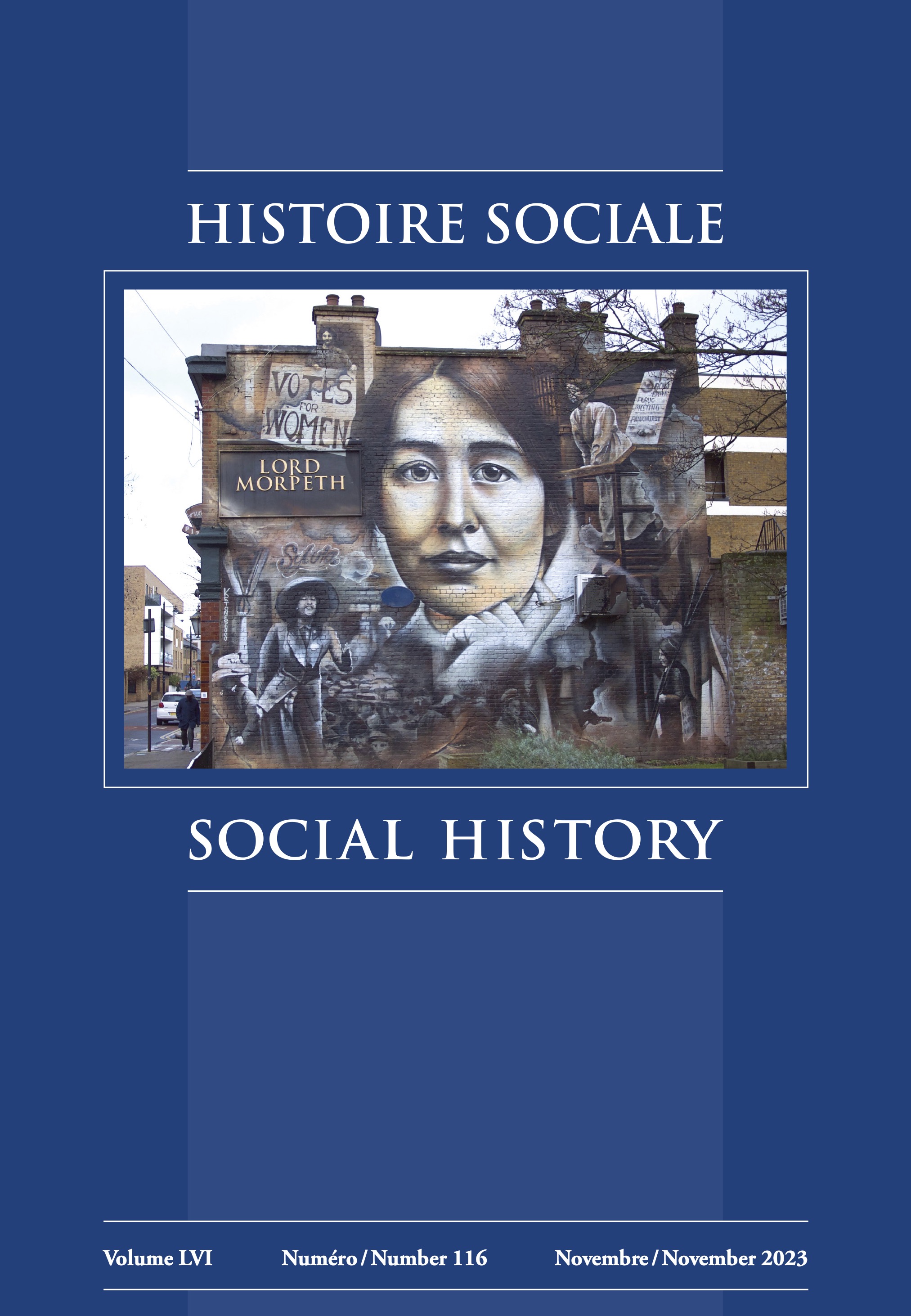Feminist, Non-Feminist, and Anti-Feminist Uses of Feminist Memory
Abstract
In 2020, to celebrate the centenary of women’s suffrage in the United States, President Donald J. Trump issued a posthumous pardon for Susan B. Anthony who illegally cast her vote in an 1872 election. In 2018, the British Government announced that it would include contentious Irish republican feminist icon Constance Markievicz in their centenary suffrage commemorations, prompting the government of the Republic of Ireland to gift her portrait to the British parliament. While different in nature, these two events also shared some similarities, not least of these being the use of feminist memory by non-feminist actors. Certain feminist and non-feminist celebrations of feminism’s legacies risk signifying that the feminist project is completed, thereby foreclosing alternative storytelling and inhibiting future feminist imaginaries. However, believing in the affirmative capacity of reflective and reflexive feminist remembering can help us to confront our own political and affective subjectivities to generate a more intersectional use of feminist memory that harnesses the power of past feminist radicalisms to imagine feminist futures that do not yet exist.


